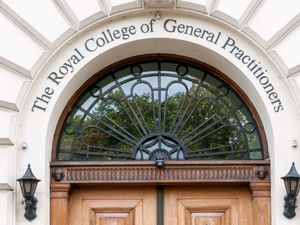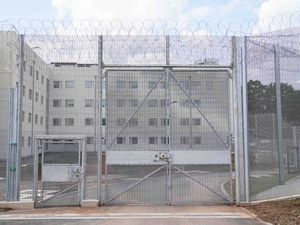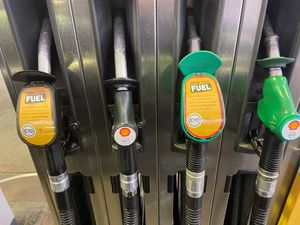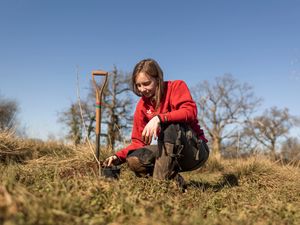Spike in sheep rustling at height of coronavirus pandemic – report
Farmers also experienced an ‘influx’ of walkers on their land while reports of dog attacks on farm animals rose, NFU Mutual found.
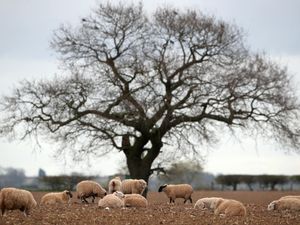
Sheep rustling rose almost 15% year-on-year at the height of the coronavirus pandemic, figures suggest.
There was a spike in reports of livestock – mainly sheep and lambs – being stolen in April, according to provisional data gathered by NFU Mutual.
Farmers also experienced an “influx” of walkers on their land while reports of dog attacks on farm animals rose during the outbreak, the insurer said.
It also warned of fears that rural crime could escalate as the economic impact of the crisis hits.
Another “major concern” is the theft of tractor GPS equipment typically costing between £8,000 and £10,000, NFU Mutual said, adding that this had become “a highly prized item on the shopping lists of rural thieves, particularly during the Covid-19 lockdown where smaller, high-value items appear to have been targeted to meet demand overseas”.
The news comes as the company published an annual report indicating the cost of rural crime rose almost 9% in 12 months to £54 million last year – its highest level for eight years.
Last year, rural crime rose in every region and nation in the UK as criminal gangs targeted expensive tractors, quad bikes and large numbers of livestock, research based on the number of theft claims made to the company suggest.
The biggest percentage increase was seen in Scotland (44%), although its rural crime cost remains below the UK average.
The second-highest regional rise was 18% in Northern Ireland followed by the East of England (16.9%).
The lowest regional increase was in North East England which was up 0.4%, the NFU Mutual report said.
The three counties worst affected by the cost of rural crime were Lincolnshire (£2.8 million), Essex (£2.7 million) and North Yorkshire (£2.2 million).
Sharp rises for a second year running (up almost 25% to £9.3 million) on thefts of agricultural vehicles were driven by organised criminal gangs targeting expensive tractors and quad bikes.
Demand for expensive farm kit overseas was also fuelling the rise, the report said, adding that a joint operation by the company and the National Vehicle Crime Intelligence Service, recovered five vehicles totalling more than £100,000 in Poland earlier this year.
The cost of livestock theft also rose 9% last year to £3 million, according to the findings.
The report said: “Well-organised gangs taking large numbers of sheep, which are thought to enter the food chain illegally, are driving the increase.
“A spate of sheep being slaughtered and butchered in farmers’ fields also contributed to the rise.”
Rebecca Davidson, from NFU Mutual, said as well as the financial cost the crimes have a “serious effect on the mental well-being of people living in rural and often isolated areas”.
She added: “There are fears that the impact will be felt harder this year as farmers have been working flat-out to feed the nation, and many rural communities have been put under additional pressure by the challenges brought by Covid-19.”
Julia Mulligan, the police and crime commissioner for North Yorkshire and chairwoman of the National Rural Crime Network, said: “It is alarming to see that this is the highest recorded cost since 2013 and highlights that crime continues to be a significant and growing challenge for our rural communities and businesses.
“While this report has stark numbers on the cost of crime, this is only the tip of the iceberg as we know from our research that many crimes in rural communities go unreported – especially by business owners, because they don’t feel the offence will be taken seriously or anything will be done.”

